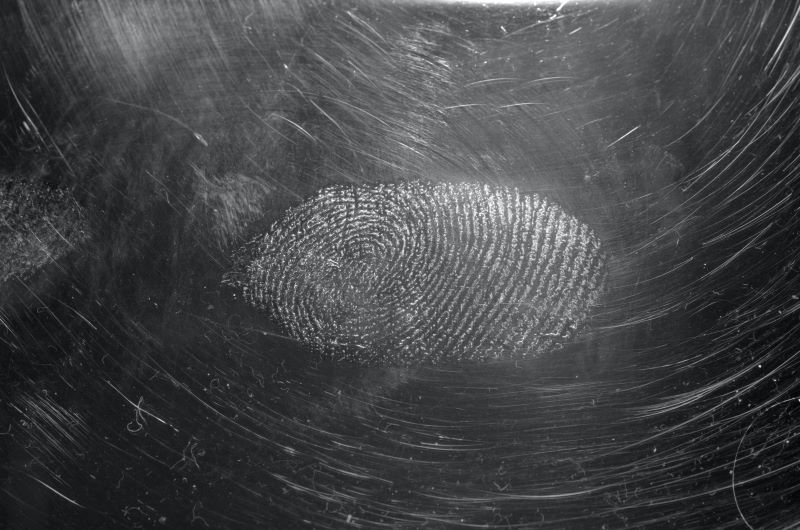Northrop Grumman demonstrates new maritime domain awareness capabilities
 Northrop Grumman Corporation demonstrated new cross domain approaches for autonomous undersea, surface and air vehicles to advance the Anti-Submarine Warfare mission during this year’s Annual Naval Technology Exercise (ANTX) at Naval Undersea Warfare Center (NUWC) in Newport, RI, the Falls Church, VA-based company announced August 25.
Northrop Grumman Corporation demonstrated new cross domain approaches for autonomous undersea, surface and air vehicles to advance the Anti-Submarine Warfare mission during this year’s Annual Naval Technology Exercise (ANTX) at Naval Undersea Warfare Center (NUWC) in Newport, RI, the Falls Church, VA-based company announced August 25.
Data collected from multiple sensors arrayed across autonomous undersea, surface and air vehicles were fused autonomously to develop a real-time tracking solution that guided a surrogate autonomous air vehicle to engage a contact for live drop of a replica torpedo, for the first time.
ANTX is an annual three-day event developed by NUWC to demonstrate future Navy technologies in a low risk environment. Government, academia and industry participants gather to showcase new capabilities to push the boundaries of what is possible in a complex environment.
“Integration of our proven autonomous systems across the different maritime environments will enable a shared allied network and common operating picture for enhanced maritime domain awareness which remains a challenge,” said Brian Chappel, vice president, autonomous systems, Northrop Grumman.
The demonstration features advanced mission management and control of a multi-vehicle collaborative autonomous system-of-systems conducting full spectrum search, detect, track, classify and engagement of submerged targets.
“Northrop Grumman continues to invest to broaden the capabilities of individual autonomous systems and expand the ability of those unmanned systems to interoperate effectively to perform missions,” said Alan Lytle, vice president, undersea systems, Northrop Grumman. “Our mission level autonomy allows heterogeneous autonomous systems to understand the unfolding mission and dynamically re-task themselves without human intervention.”
Earlier this year, the company demonstrated its latest maritime domain awareness detection capabilities off the southern coast of California during a 43 day test. In collaboration with Ultra USSI and Liquid Robotics the team validated a range of sensors and systems using autonomous surface vehicles.
The autonomous surface vehicles collected data, validated contacts and processed real time data transmission to ground operators via surrogate autonomous aircraft and satellite for exploitation, thus providing an effective maritime domain capability.
“These long-endurance autonomous demonstrations are a vital part of our maritime efforts,” said Rick Crooks, director, advanced development, Northrop Grumman. “Our advanced architecture enables an integrated cross-domain data flow throughout maritime centers, creating actionable intelligence for emerging threats.”
Source: Northrop Grumman








